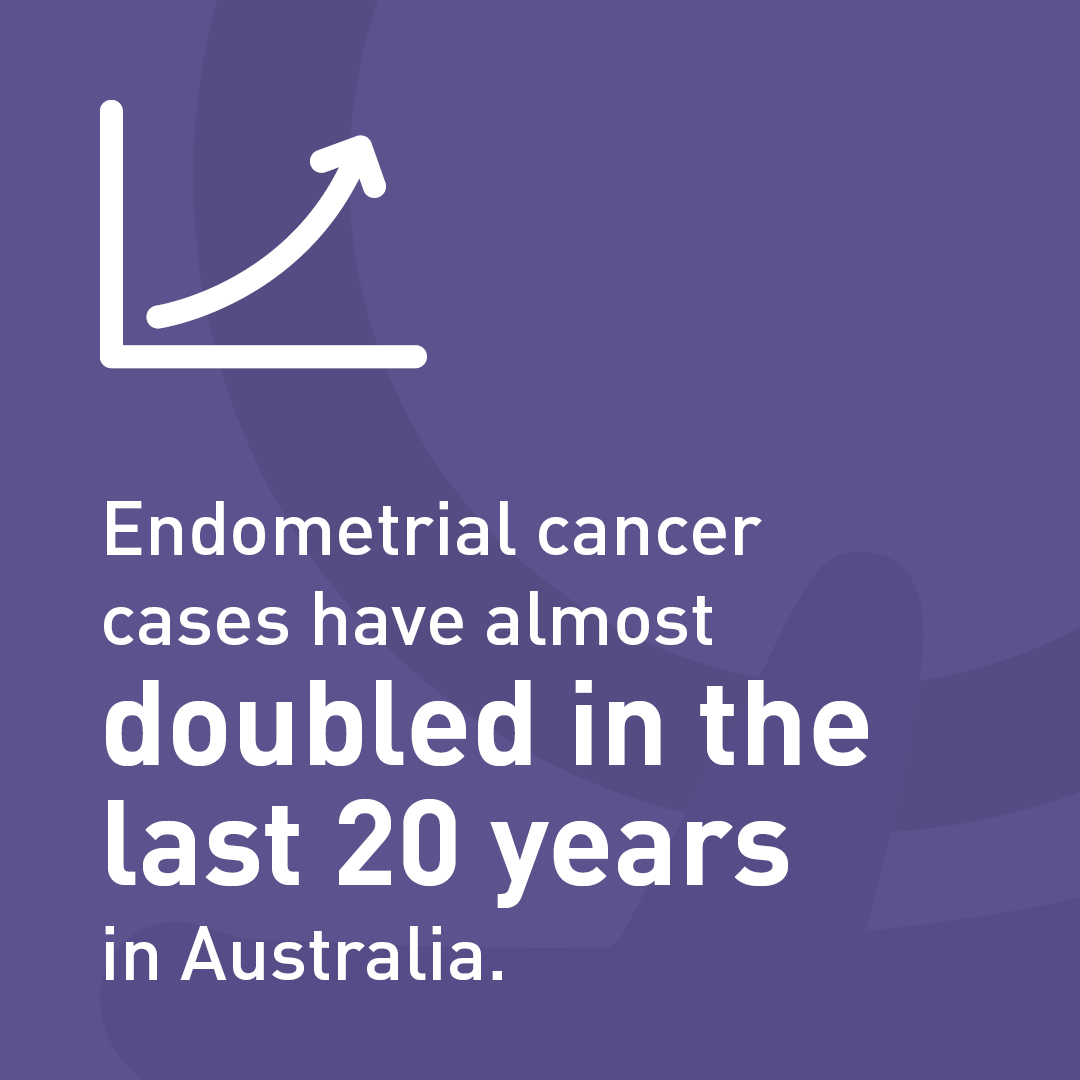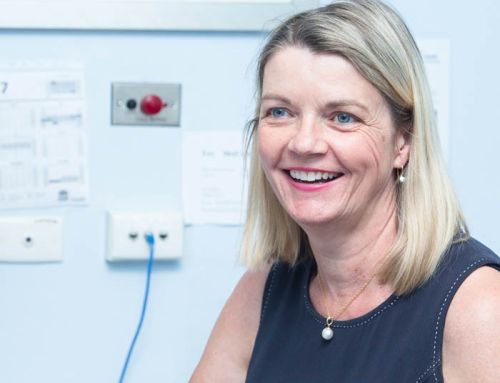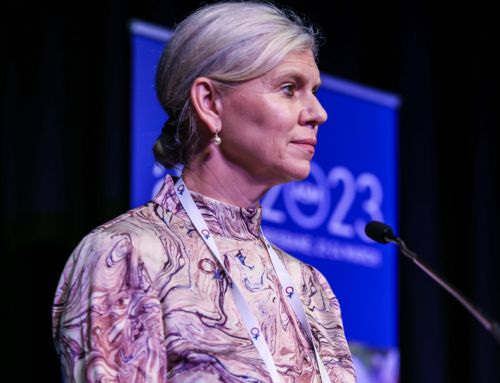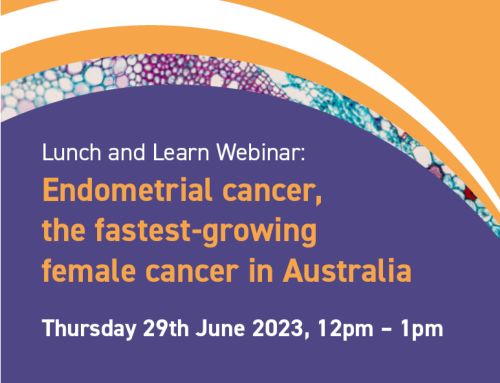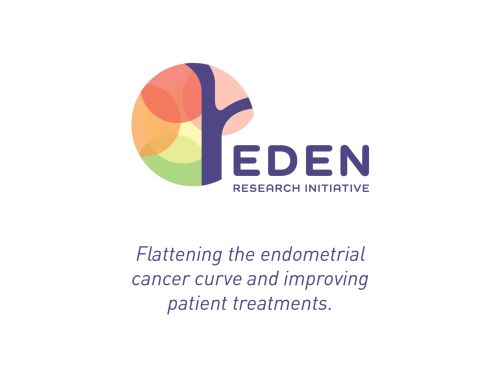Incidence rates of endometrial cancer continue to steadily rise, highlighting the urgent need for research and intervention.
Each year, more than 3,300 Australians and 700 New Zealanders are diagnosed with uterine cancer*. In Australia, this reflects a doubling of case numbers over the last 20 years, and globally, the rise in endometrial cancer diagnoses is projected to continue; estimates suggest another increase of over 50% by 2040.
“From my perspective, the huge concern I have is to understand why we are facing such a surge in number of women – especially young women with endometrial cancer – what has changed and what can we do about it. Well-informed research can help with understanding more about causes and effects of different interventions on our women and their cancers.” – Dr Bryony Simcock, Gynaecological Oncologist
Not only is the incidence of endometrial cancer on the rise, but the number of women dying annually of the cancer is too. Mortality data captured by the Australian Bureau of Statistics (ABS), and published in 2022, showed that between the years 2001 and 2018 in Australia, endometrial cancer was the only gynaecological cancer that showed mortality rates increasing.
* The latest published figures are 3,343 new cases of uterine cancer in Australia (2022; via Cancer Australia ) and 723 in New Zealand (2020; via the Ministry of Health). Ninety to 95% of uterine cancers diagnosed are endometrial cancers, arising from the inner lining of the uterus.
Factors contributing to endometrial cancer
Various factors are thought to be contributing to the rising incidence of endometrial cancer in Australia. Key influences are the aging population, as the risk of developing this cancer increases with age, and the obesity epidemic; obesity being a significant risk factor for endometrial cancer.
Significant socio-demographic influences also contribute to the complexity of the situation. Studies have shown that the number of annual uterine cancer diagnoses increases with increasing socio-economic disadvantage, with patients from lower socio-economic backgrounds experiencing higher associated mortality. Furthermore, Indigenous women in Australia and New Zealand are disproportionately affected by endometrial cancer, with significantly higher incidence rates compared to non-Indigenous women.
The consequences
Endometrial cancer is of growing clinical concern in Australia and New Zealand, already contributing significantly to the caseload in our specialist gynaeoncology clinics. There is no established approach to primary prevention. New treatment strategies that can be tailored to meet the needs of patients, including fertility preservation in younger women are needed, as are therapies that can be personalized to the specific molecular features of a patient’s tumours, like those we see in other cancer types. There is a significant need for more options for those women affected by advanced or relapsed endometrial cancer, where five-year survival rates sit at approximately 20%. And, more and more of our survivors are living each year, many with significant impacts on day-to-day life brought about by strong treatment regimens; survivorship needs are complex and under-recognised.

Research is key
ANZGOG’s EDEN Research Initiative is a significant step towards understanding and addressing the public health implications of endometrial cancer. With priority areas of focus that encompass all stages of a typical endometrial cancer patient’s journey, this is a collaboration committed to make change; to flatten the endometrial cancer curve, and improve treatments, outcomes, and quality of life for patients and survivors.
Watch Professor Linda Mileshkin, Chair of the EDEN Initiative & Medical Oncologist speak about endometrial cancer


